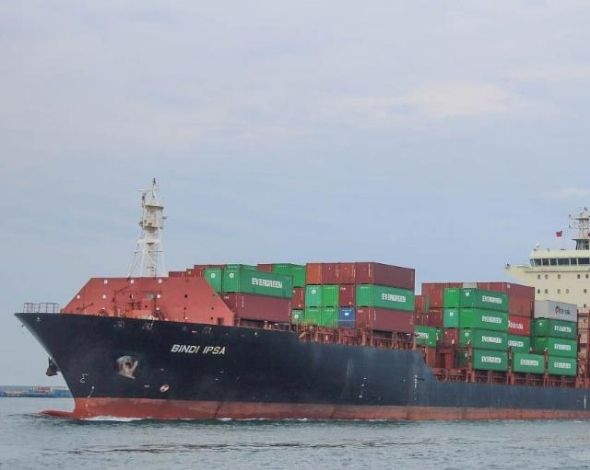Finance Minister Clyde Caruana on Thursday revealed that a specialised team from the International Monetary Fund are in Malta to advise the relevant authorities on how Malta can achieve “better compliance” by local companies with regards financial reporting, allowing Government to press on with corporate tax reform.
The Minister spoke during a panel discussion held at the FinanceMalta 15th Annual Conference regarding the country’s major challenges and strengths for the months and years to come.
He said tax reform is proving difficult because the Government is seeking to reduce the local corporate tax rate – at 35 per cent, without reducing revenue to state coffers. To achieve this, there must be alignment between the tax benefit for foreign operations in Malta – set at an effective five per cent rate – and the local tax rate, with the aim of achieving revenue neutral reform and therefore ensuring Government does not have less funds to work with, especially within a context where it is footing the bill for expensive energy subsidies.
“It’s difficult to achieve the desired results from the reform when the corporate revenue we get arises from just 30 per cent of local firms. The other 70 per cent declare either break even or register a loss.”
The Minister stressed he will not press on with tax reform without certainty that there will be no negative impact on revenue available to Government, revealing that the IMF team are in Malta for 10 days to “crunch the numbers”.
Due to international impetus behind an OECD proposal for a minimum 15 per cent global tax rate worldwide having subsided, the Minister said Malta is not in a rush to effect taxation reform, however reform cannot be abandoned because of the direction the EU is taking.
He reminded the audience that many EU member state Governments are dealing with rising debt due to pandemic-support and the fallout from the war in Ukraine. In a bid by the EU to boost member state Governments’ ability to attract revenue, to finance the rising debt, there is still an ongoing push within the EU for tax harmonisation.
He also said the EU is attempting to circumvent unanimity across member states required to effect tax reform at the supranational level by approaching the issue through “cooperation among states”.
The Minister added that Malta is completely against this for fear that such an approach may be taken for other issues.
In a nutshell, Malta is not going ahead with the minimum 15 per cent corporate tax reform, due to international momentum dying down, but is going ahead with tax reform mainly due to an EU-wide push.
Indeed, he revealed that the European Commission is chasing Malta to commission studies concerning taxation that the country levies on interest payments, royalties as well as on dividends, “where in certain areas there is no taxation at all.”
He admits that the EU’s concern surrounds aggressive tax planning, especially in a context where EU member states are fighting for fiscal and economic survival.
When the reform will take place remains to be seen however, with the Minister stressing that once Government is sure it will not end up with less taxation revenue, it will then go ahead.
The Remarkable Collective welcomes Joseph Bonanno
Strengthening strategy and compliance with seasoned leadership
Malta-flagged ship hit by missile in Strait of Hormuz en route to Saudi Arabia
The Safeen Prestige was hit by a missile off the coast of Oman
Dubai airport’s 48-hour shutdown could have cost up to $1 million per minute
The airport is one of the world’s busiest aviation hubs






